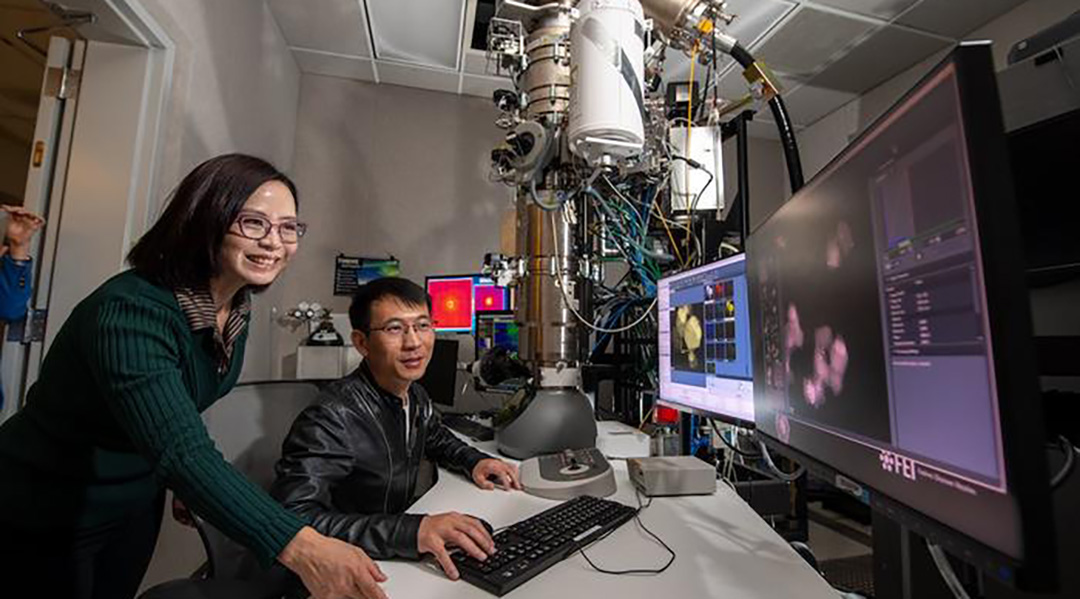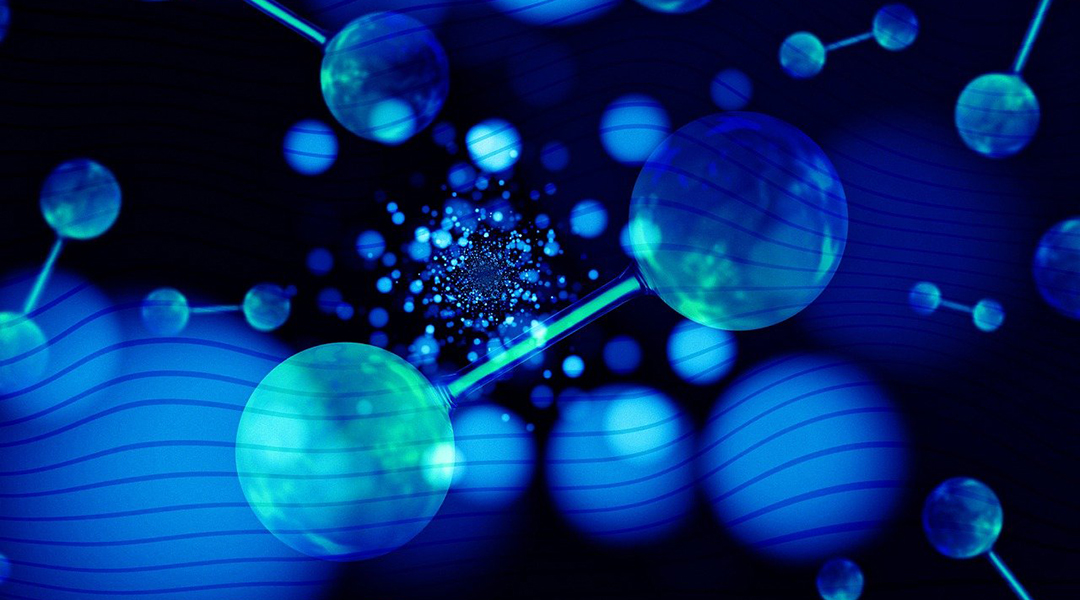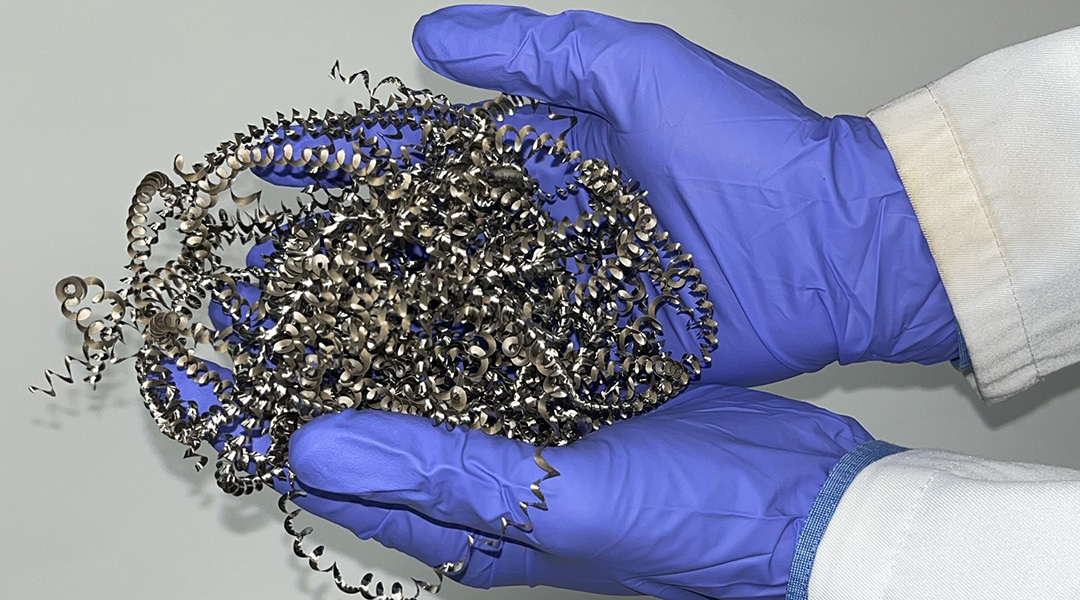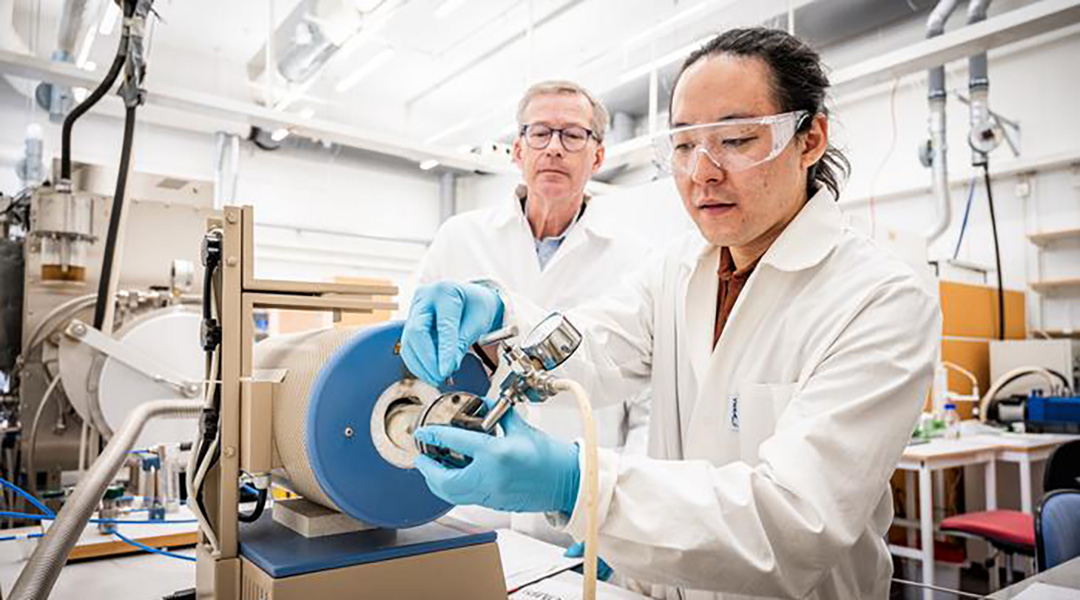New technology allows researchers to study electrochemical processes at the atomic level with new insights into a widely used catalyst.


New technology allows researchers to study electrochemical processes at the atomic level with new insights into a widely used catalyst.

This is just the beginning, say scientists working on the new technology.

Global warming caused by human action has continued to increase, even though climate action has slowed the rise in greenhouse gas emissions.

With its unique carbon fiber skeleton, this jumping robot closely mimics the energy-storing tissue found in insects.

A new method to purify silicon for quantum computer chips could solve one of the biggest challenges in quantum computing.

Chemist Shira Joudan discusses environmental contaminants, setting up at a new university, and building a supportive community.

A new electrolysis device could transform the way we produce hydrogen fuel from seawater, addressing challenges that hindered this process.

People recognize their own biases in algorithms’ decisions more than they do in their own—even when those decisions are the same.

New technique uses waste metal shavings to catalyze hydrogen production, turning nothing but trash and water into clean, renewable fuel.

Scientists have managed to create sheets of gold only a single atom thick using a hundred-year-old Japanese smithing method.